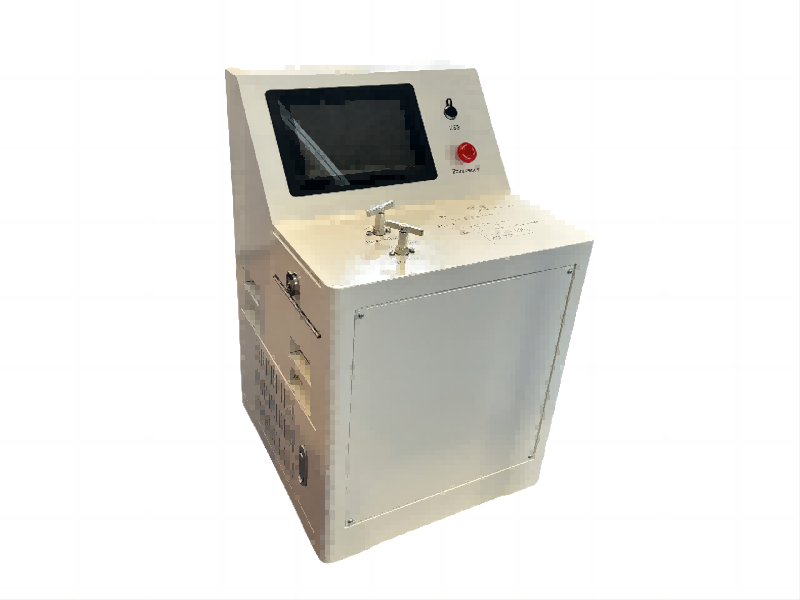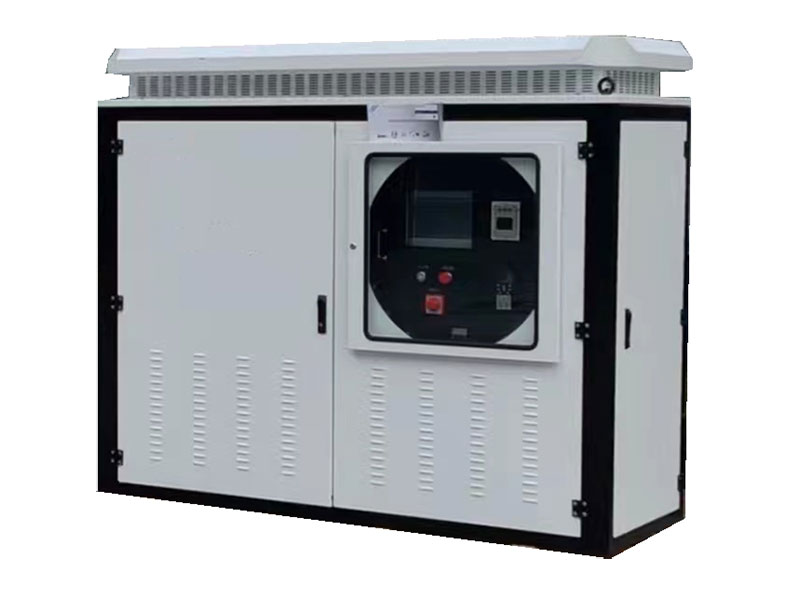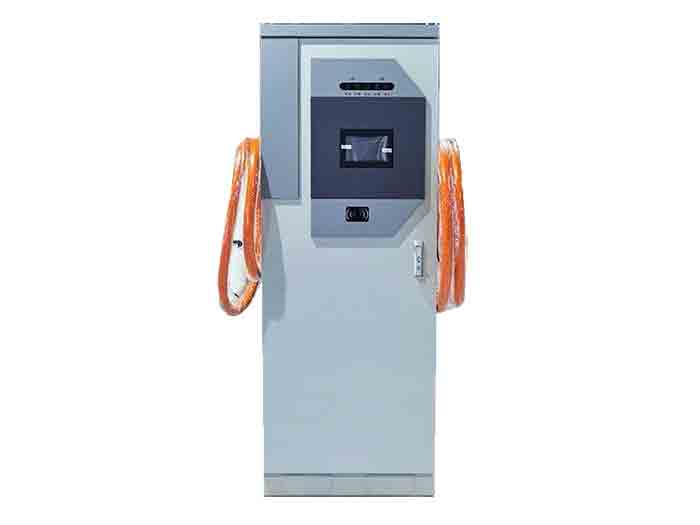Hydrogen Gas Boosters
Various household and industrial hydrogen compressors (booster pumps), up to 100MPA.
Hydrogen Fuel Stations: FAQ Guide
Hydrogen fuel stations, also known as hydrogen fueling stations, are essential for the growth and widespread adoption of hydrogen powered vehicles. They provide a safe and convenient way for drivers to refuel their hydrogen powered cars. Currently, there are several different types of hydrogen fuel stations available, each with its own set of advantages and disadvantages.
Central hydrogen fueling station
The first type of hydrogen fuel station is the central hydrogen fueling station. These stations are typically large, centralized facilities that are used to produce and distribute hydrogen fuel to a network of smaller hydrogen fueling stations. They use a variety of methods to produce hydrogen, including steam methane reforming and electrolysis. Central hydrogen fueling stations are usually expensive to build and maintain, but they are capable of producing large amounts of hydrogen fuel, making them a popular option for large-scale hydrogen energy projects.
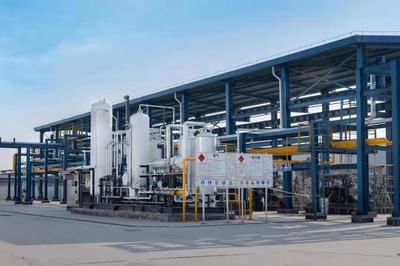
Distributed hydrogen fueling station
The second type of hydrogen fuel station is the distributed hydrogen fueling station. These stations are smaller and more decentralized, making them more accessible to the general public. They are typically used to refuel hydrogen powered cars and are usually located near major roads or in populated areas. Distributed hydrogen fueling stations use hydrogen generators to produce hydrogen on site, which can be more cost-effective than transporting hydrogen from a central facility. However, these stations are usually limited in the amount of hydrogen they can produce, making them better suited to smaller-scale projects.
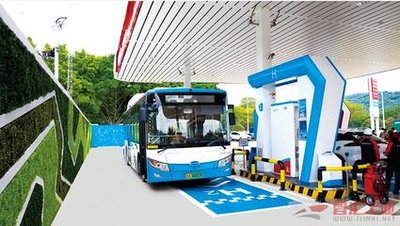
Mobile hydrogen fueling station
The third type of hydrogen fuel station is the mobile hydrogen fueling station. These stations are designed to be transported from one location to another, allowing for greater flexibility and convenience. They are typically used for on-site hydrogen fueling at events or in remote locations. Mobile hydrogen fueling stations are usually compact and easy to operate, but they are also limited in the amount of hydrogen they can produce.

How to choose a type of hydrogen fuel station?
In terms of efficiency and cost, each type of hydrogen fuel station has its own unique set of advantages and disadvantages. Central hydrogen fueling stations are more efficient and cost-effective, but they can be more expensive to build and maintain. Distributed hydrogen fueling stations are more accessible and convenient, but they may be more expensive to operate. Mobile hydrogen fueling stations are flexible and convenient, but they are usually limited in the amount of hydrogen they can produce.
In conclusion
The choice of hydrogen fuel station will depend on a variety of factors, including the scale of the project, the location, and the specific needs of the hydrogen energy industry. However, as the hydrogen energy industry continues to grow, it is likely that we will see an increasing number of hydrogen fuel stations being built around the world, providing drivers with convenient and reliable access to hydrogen fuel. The development of hydrogen fuel stations will play a crucial role in the growth of the hydrogen energy industry, and they will continue to be an important part of the future of sustainable transportation.

